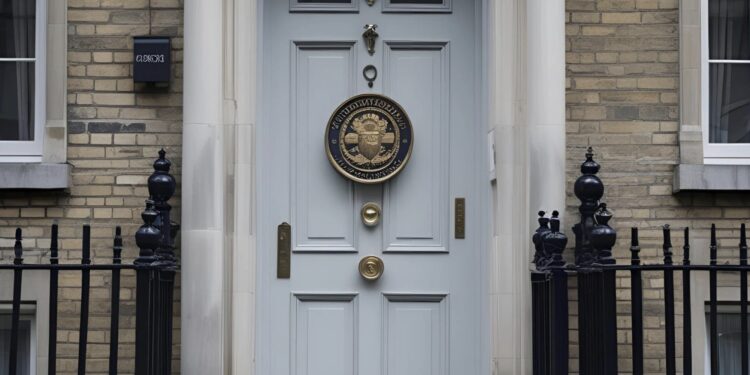A recently released paper exposes a problem that is spooking governments from all the over world: they are struggling to read and follow secure digital messages. The spread of powerful, easy-to-use encryption is forcing big changes in law enforcement and national security investigations.
‘In order to protect citizens from crime and threats, while offering appropriate respect for fundamental rights, the cyber world requires a balanced, shared approach. Governments justify a need to access communications to fight crime, counter-terrorism and for national security purposes, but the proliferation of encryption, often based on complex mathematics, has made it more difficult to access such communications.
One of the report conclusions is that “backdoor” initiatives rarely work. Governments the world over have for many years pursued means of developing master keys or weaknesses in encryption systems, supposedly for sanctioned access. But those attempts have repeatedly faced enormous technical barriers and intense opposition from tech companies and security researchers.
The same experts also invariably assert that any such “back door”, no matter for what purpose, no matter how well secured or how closely monitored, into reduce s a security hole which will be exploited by ne’er-do-wells, if only a door to be opened wide in the future for other users.
The report refers to recent cases that illustrate its efforts:Cohen, who was mentioned 429 times in the report, made several attempts to suppress pre-publication of the report and to discredit it as a document of legal significance from the start.
The UK government’s covert demand to force Apple to back door its global encryption was reportedly the cause of Apple disabling advanced data-protect features for UK users, instead of compromising global security for UK users.
Earlier legislative efforts in the United States, such as one provision in the 2020 EARN IT legislation, which sought to compel companies to scan for certain materials, met resistance over concerns that they could undermine end-to-end encryption.
The report finds that governments are growing their capacity and sophistication in efforts to undermine or otherwise restrict strong encryption. These technologies are driven by unforgiving laws of mathematics and physics, not political will.
With new cryptographic innovations (e.g., quantum cryptography), the disparity between surveillance aims and technological limitations will only grow (and few govt. parties will be content with being at the wrong side of that gap when it comes to secure comms).










![Online Scam Cases Continue to Rise Despite Crackdowns on Foreign Fraud Networks [Myanmar] Online Scam Cases Continue to Rise Despite Crackdowns on Foreign Fraud Networks [Myanmar]](https://sumtrix.com/wp-content/uploads/2025/06/30-12-120x86.jpg)





